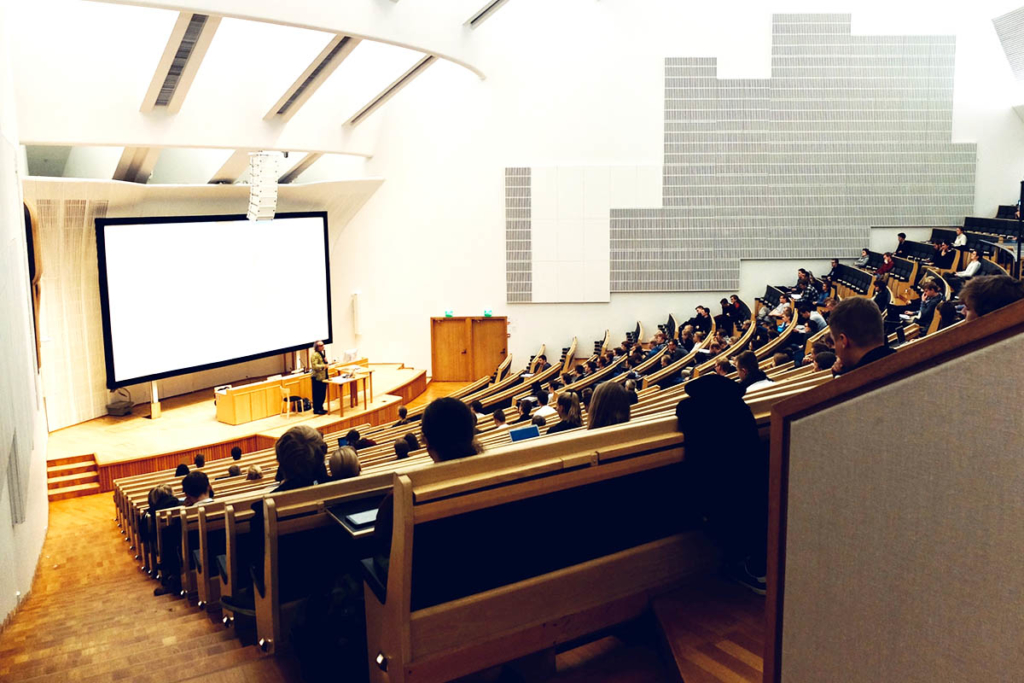In 2002, when I was new to sales, I had an opportunity to learn the true nature of sales when I was invited back to Harvard Business School (HBS) as part of an all-day sales seminar. A business marketing professor, Das Narayandas, recognized that there was no sales curriculum at HBS, or really any business school for that matter. To address that significant lack, he organized an all-day event that was standing room only. About 150 HBS second-year students came together on a Saturday to learn about sales.
I was in an enterprise sales role at IBM, and had recruited two of my classmates who also joined IBM in sales roles. Das invited me to sit on a panel to talk about my experience.
Ego Resilience
There were many takeaways that day, but the one that stuck with me was a presentation by a sociologist who gave a survey to all the assembled MBA students in order to compare them to top salespeople, particularly high-end, enterprise solution sales.
He asked how many people thought the MBAs were smarter. Most people raised their hands. No was the answer, top salespeople are highly intelligent. Are MBAs more creative? Nope. More driven, no.
After going down the list of things an MBA student at Harvard might think differentiates them from a salesperson, he showed us all the answer. EGO RESILIENCE.
The MBA students had very, very low ego resilience, while top salespeople have sky-high ego resilience. Especially after spending two years at a top MBA program, MBA students are convinced they walk on water. When they hear no, or heaven forbid that they don’t know what they’re talking about, they don’t tend to recover well.
A top salesperson hears an objection to overcome, or an opportunity to move on to a more likely opportunity. They just don’t hear no the same way that an MBA student (or most people) do.
The interesting thing is that just about any CEO, founder, top PE executive, venture capitalist, investment banker or lawyer will tell you that to get to the top in their field, sales is a big part of the formula. It may not be quota-driven sales, but success depends on influencing people, and groups of people systematically. You can’t do that if you’re allergic to the word “no.”
Razorhorse and RazorU
As much fun as I had in college and business school, I see the nature of work changing, and education is going to change with it. More and more work will be done ‘from anywhere,’ and the ratio of academic versus practical knowledge necessary to be competitive is shifting toward the latter.
While most Americans who go to college today focus on socializing and ‘learning to think,’ highly intelligent, highly motivated people around the world are teaching themselves how to do everything from finance and accounting to legal work to graphics design. You don’t need a semester of English Lit in an ivy-covered building to do that work at a high level.
As for soft skills, you certainly can’t learn to sell anything in college. Maybe that’s what we’re really learning in English Lit somehow, but why not just learn by doing?
As the nature of work and education changes, Razorhorse is investing in equipping our team to analyze companies and pitch investment ideas. Some of that learning is programmatic e-learning, but the bulk of it is ‘case method,’ or ‘real-world experience.’ Our team learns to be persuasive by pitching ideas on our internal calls, then applying that experience with CEOs, bankers, and investors in real-world situations.
If the main differentiator between highly trained MBAs and sophisticated salespeople is ego resilience, business schools aren’t equipped to teach that. Razorhorse is.
Ready to join the Razorhorse team? We’re hiring. Browse our job openings.

